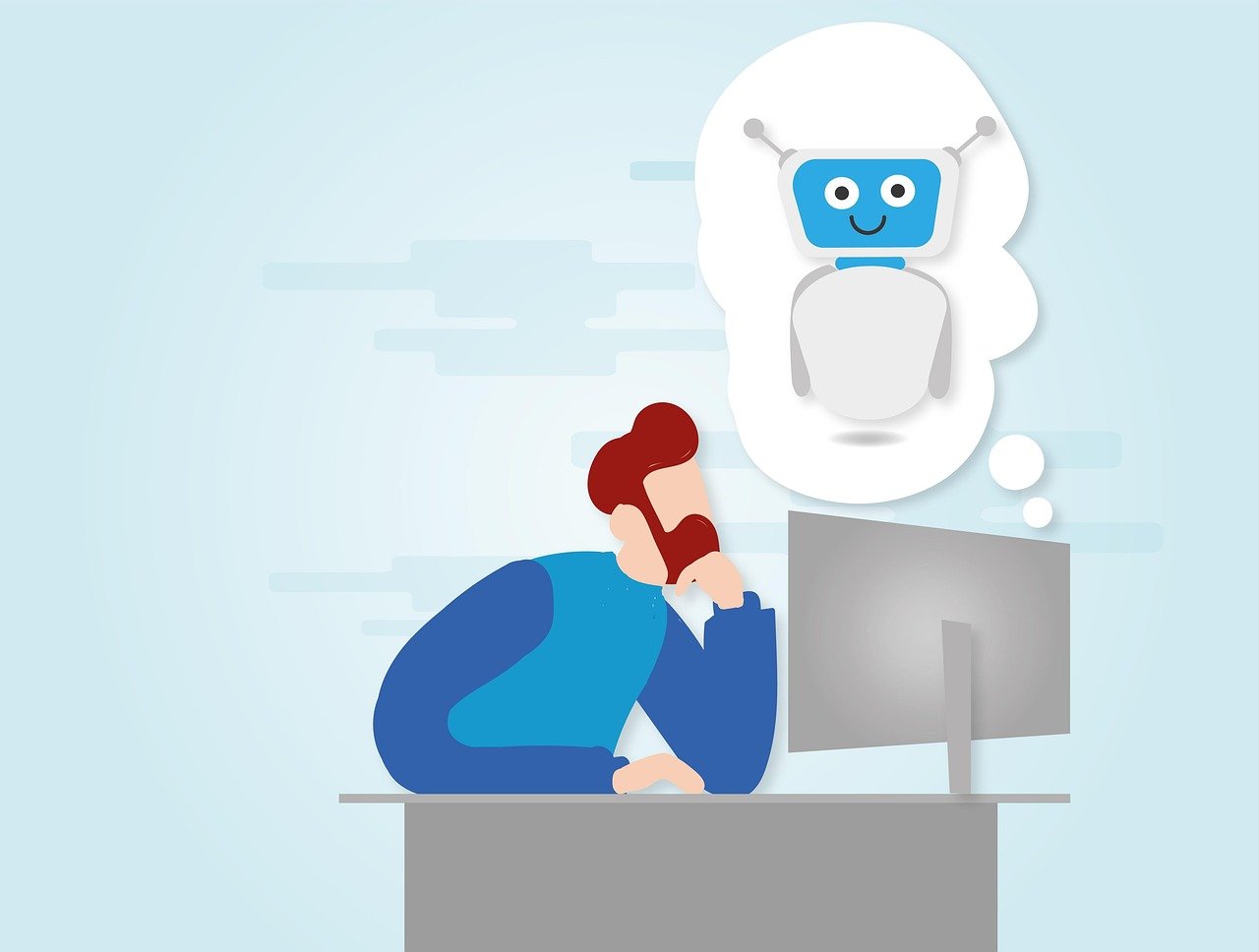
You’ve probably heard the hype about AI, right? Some folks swear it’s the future of everything. Others, well… they’re still skeptical. So where does that leave you? If you’re even remotely curious, knowing a few smart AI tips can help you figure out whether AI is actually worth your time or just another buzzword destined to fade.
Here’s the thing—AI isn’t some magical genie that solves all problems overnight. It comes with possibilities and pitfalls. Understanding both is how you stop wasting time and start using it in ways that actually help your work, business, or personal life.

Why AI Tips Matter Before You Dive In
Imagine training a rookie employee who works 24/7, never gets tired, but sometimes misunderstands you. That’s AI for you. It can process data at insane speeds, offer suggestions in seconds, and predict trends based on past patterns. But if you don’t give it the right input, you’ll get messy or misleading results.
Good AI tips save you from that frustration. For example, a small startup I worked with was using AI to draft product descriptions. They were unhappy with the vague results—until they learned to feed the AI very specific, context-rich prompts. Overnight, their product pages became sharper and more accurate.
Is AI Good? The Honest Perspective
The short answer: it depends how you use it. Yep, that’s probably not the dramatic answer you hoped for—but it’s the truth.
AI is good for tasks that involve repetitive processing, data review, or generating baseline content. A marketing agency I know uses it to scan through hundreds of customer reviews and pull out sentiment trends they’d otherwise spend days figuring out.
On the other hand, for jobs that depend heavily on human emotion, cultural nuance, or subtle creativity—AI still struggles. Ever read an AI-generated joke? You’ll know what I mean. It’s not bad, but it’s rarely hilarious.

Practical AI Tips to Get Better Results
1. Always Start with a Clear Objective
Don’t just “play around” with AI. Ask yourself: What problem am I trying to solve? Are you writing ad copy, identifying sales trends, or building a chatbot? Define the end goal first—AI works best when it knows exactly what you’re aiming for.
2. Give Detailed, Contextual Input
AI isn’t psychic. If you tell it “write a blog intro about coffee,” you’ll get a bland, generic paragraph. But if you say “write a warm, conversational, three-sentence intro for a blog aimed at coffee enthusiasts who prefer single-origin beans,” the results instantly become richer.
3. Learn Its Limitations
Knowing when not to use AI is as valuable as knowing when to use it. If the outcome depends on human empathy—like counseling scripts or high-stakes negotiations—skip AI.
4. Combine AI with Human Review
One of my favorite AI tips? Treat AI like a super-fast research assistant, not the final decision-maker. Run ideas through it, then polish them with your own touch.
5. Keep Your Data Clean
AI’s accuracy depends on the data it’s fed. Garbage in, garbage out is very real here.
The Pros You Can’t Ignore
- Speed: AI produces baseline ideas, templates, and analyses in seconds.
- Cost Savings: For small teams, it acts like an assistant without the salary.
- Scalability: Tasks that normally grow in complexity can be handled consistently by AI.
The Cons You Should Keep in Mind
- Bias Risk: If the data AI is trained on contains bias, the output will too.
- Lack of True Creativity: AI mimics patterns, but it’s not inventing something new from lived experience.
- Overreliance Hazard: Depend too much on AI and your own skills stagnate.
So… Is AI Good for You?
Only you can answer that. The right AI tips can make it incredibly useful, but the tool itself isn’t “good” or “bad”—it’s neutral until you put it to work. Think of it like a scalpel; in skilled hands, it can save lives. In careless hands, it can cause damage.
Try it for one specific problem in your work. Track the results honestly—time saved, quality improved, or maybe even customer satisfaction boosted. If it works, keep going. If it doesn’t, rethink your approach.

Final Takeaway
You don’t have to be a tech wizard to make AI work for you. Just remember—AI tips aren’t about replacing your brain. They’re about enhancing what you’re already good at, freeing you from repetitive tasks, and giving you space to focus on the work only you can truly do.
With thoughtful use, you’ll find that AI isn’t just good—it’s a game changer in the right context.








